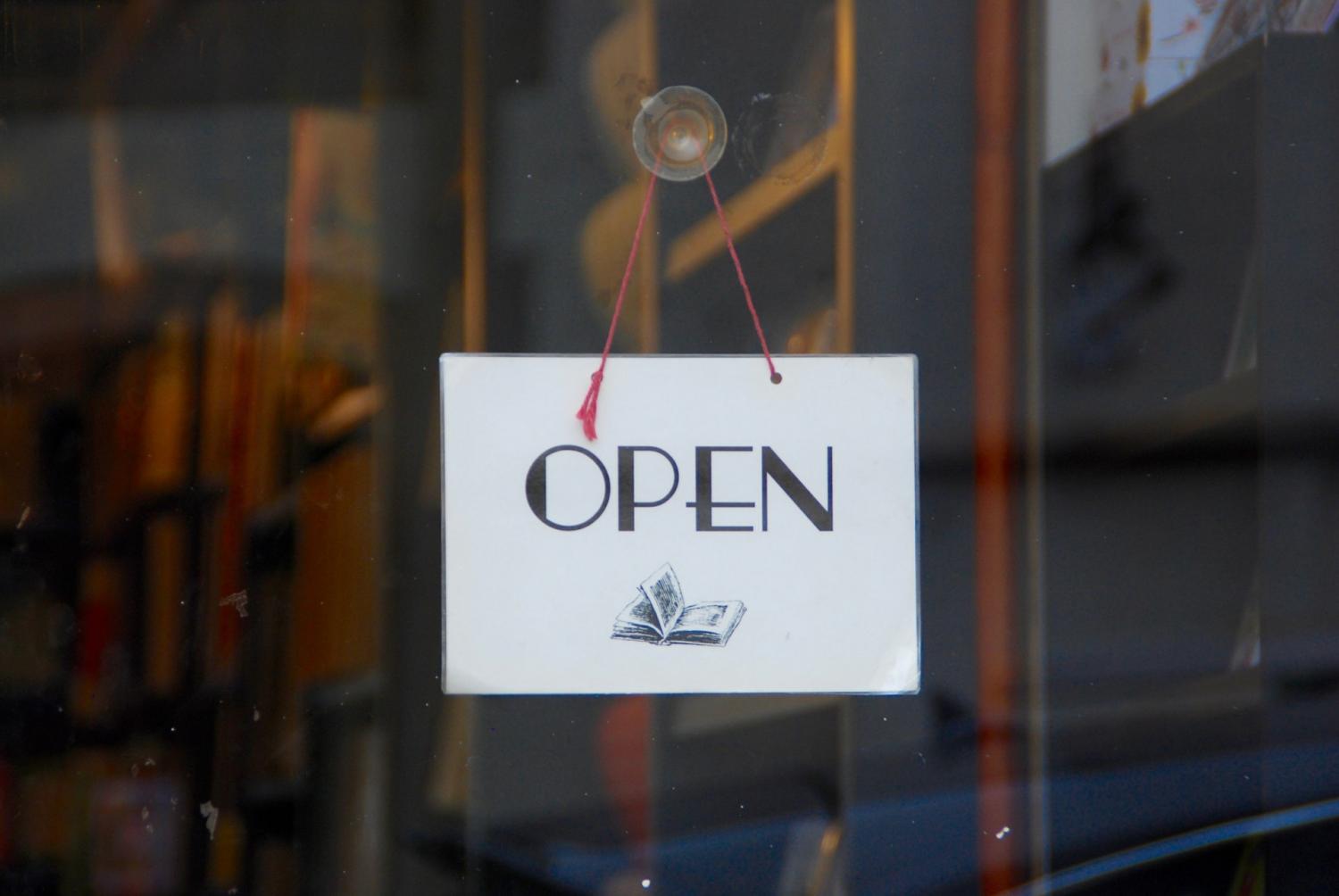
Signs of a business consensus on a green COVID-19 recovery are continuing to grow. In the latest development, the We Mean Business group of 155 leading global corporations has joined with the UN Global Compact and the Science Based Targets initiative to advocate for economic recovery plans based on climate science. The effort is significant because it is the largest UN-backed initiative of its kind to date.
Rallying public sentiment in support of climate action
In addition to highlighting the green profile of the 155 participating companies, the We Mean Business initiative cements a growing network of organizations that have been coordinating businesses leaders on climate action.
The Science Based Targets initiative lists almost 900 participating companies. The We Mean Business coalition includes the nonprofit research organization BSR along with BSR’s 250 corporate members and other partners. Add the green investor group Ceres and its network of 175 institutional investors (among other Ceres networks groups). Finally, enter The Climate Group, which has enlisted scores of leading companies in its roster of renewable energy, energy efficiency and clean technology initiatives.
Other influential organizations that are part of the We Mean Business coalition are The B Team, The Prince of Wales’s Corporate Leaders Group and the World Business Council for Sustainable Development.
Together, the 155 corporations that make up the We Mean Business coalition claim more than $2.4 trillion in market capitalization. Among them are several brands familiar to U.S. consumers including Adobe, H&M, Intuit, Nestlé, Mars and Unilever. That is significant because these well-known brand names provide a pathway for mainstreaming climate action into public consciousness.
In addition, the group employs a total of 5 million workers worldwide. As brand ambassadors and voters, these employees represent another potential avenue of persuasion.
Supporting the science of climate action
In addition to the bottom line factor, another key aspect of the We Mean Business effort is its solid support for climate science, as articulated by the Science Based Targets initiative.
The one-two punch of bottom line motivation and scientific evidence forms an unequivocal rebuke to the decades of effort that fossil fuel stakeholders have poured into blocking climate action.
In a joint letter released by SBTi, the 155 participating companies make the case that the twin crises of COVID-19 and climate change must be addressed together.
“In the face of these inter-connected crises, we cannot afford to tackle one or the other. Human health depends on planetary health,” they write.
The participating companies also emphasize that they are leading by example. All have set corporate emission reduction targets through the Science Based Targets initiative. Now they are asking governments to follow their lead and adopt science-based targets for a COVID-19 recovery.
They point out that they have been “prioritizing green jobs and sustainable growth, protecting nature and people, and delivering on the 2030 Agenda and the Paris Agreement,” by divesting from fossil fuels and investing in innovative low carbon solutions.
The challenge now is speed and scale. For that, they write, “we look to policy-makers to give businesses the confidence and clarity they need to take ambitious climate action.”
Bottom line momentum builds for a sustainable COVID-19 recovery
According to the UN, the We Mean Business joint letter is the “largest ever UN-backed CEO-led climate advocacy effort” to date.
It is far from the only one. On May 13, 330 U.S. businesses organized through Ceres to participate in a virtual day of action, in which they lobbied Congress for a green COVID-19 recovery.
The list of participants included scores of familiar consumer brands in the U.S., from Ben & Jerry’s and Clif Bar to Dow, IKEA and Tiffany & Co.
A number of U.S. states have also begun taking steps to support green jobs in anticipation of a sustainable COVID-19 recovery.
In addition, a public-private initiative for a green COVID-19 recovery in Europe has launched under the new European Alliance for Green Recovery.
In a previous era, recovering from a global economic collapse would necessarily involve an increase in greenhouse gas emissions. Today that connection no longer holds force. Businesses have more sustainable alternatives at hand as they work to foster a COVID-19 recovery plan for sustainable growth, and business leaders are more determined than ever to leave the past behind.
Image credit: Leyre Labarga/Unsplash

Tina writes frequently for TriplePundit and other websites, with a focus on military, government and corporate sustainability, clean tech research and emerging energy technologies. She is a former Deputy Director of Public Affairs of the New York City Department of Environmental Protection, and author of books and articles on recycling and other conservation themes.














